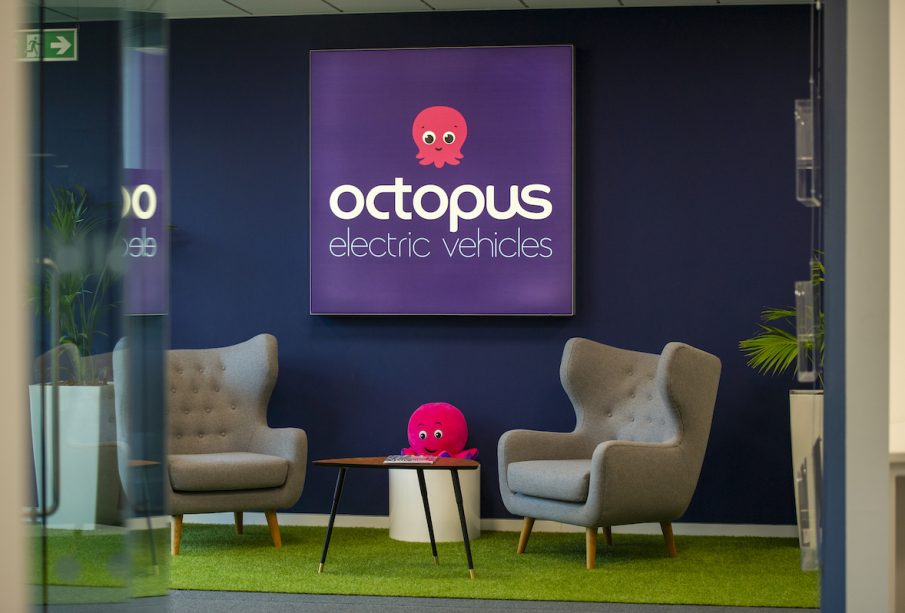Octopus Energy: Pioneering Sustainable Energy Solutions

Introduction
Octopus Energy, a UK-based energy supplier, has made significant strides in the energy market by prioritising renewable energy sources and innovative technologies. Founded in 2015, the company has quickly established itself as a leader in the transition to sustainable energy solutions. With growing concerns over climate change and rising energy costs, Octopus Energy’s approach is more relevant than ever, aiming to provide affordable, green energy to households and businesses.
Innovative Products and Services
Octopus Energy is set apart from traditional energy suppliers through its technological innovations and customer-centric services. The company uses its proprietary technology to offer fair pricing, giving customers access to flexible tariffs that adjust depending on energy demand. Among its notable products is the Agile Octopus tariff, which allows customers to benefit from lower prices during off-peak hours, encouraging energy use when demand is low.
Commitment to Green Energy
Octopus Energy sources its electricity from renewable sources, including wind, solar, and hydroelectric power. As of 2023, the company claims that over 100% of its electricity supply is generated through renewable means. This commitment not only helps reduce carbon emissions but also supports the UK government’s goals to meet its ambitious net-zero targets. In March 2023, Octopus Energy announced plans to further expand its renewable energy portfolio, aiming to invest heavily in solar and offshore wind farms.
Expansion and Growth
Octopus Energy has been on a rapid growth trajectory, boasting over 3 million customers across the UK and recently expanding its operations internationally. In 2023, the company entered markets in several European countries, looking to take its winning model abroad. Its expansion strategy highlights the increasing demand for renewable energy and more customer-friendly services across Europe.
Challenges Ahead
Despite its successes, Octopus Energy faces challenges typical of the energy sector, including fluctuating energy prices and regulatory changes. The energy crisis triggered by geopolitical tensions has led to increased scrutiny on energy suppliers. However, Octopus has remained resilient, adapting its business model while staying committed to sustainability.
Conclusion
Octopus Energy is at the forefront of the renewable energy revolution, driving change through technological innovation and environmentally-friendly practices. Its growth reflects the broader transition within the energy market towards sustainable solutions. As consumer preferences increasingly shift to green energy, Octopus Energy is poised to play a crucial role in shaping the future of energy in the UK and beyond, providing a template for how companies can blend profitability with responsibility.








